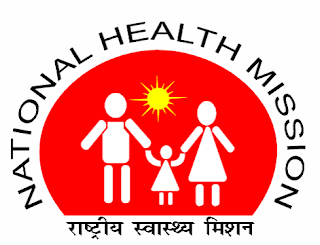The 11th report of the Common Review Mission of the National Health Mission show that women bear uneven burden in family planning with the latest data showing women account for more than 93 per cent of sterilisations in the country.

The CRM also found that in most states sterilisation services were offered in fixed places on fixed days. The only exceptions are Uttarakhand, Jharkhand, Nagaland and Manipur.

- The report has flagged the issue citing latest data from the Health Management Information System (HMIS) where states upload data on various parameters of NHM including sterilisations.
- As per HMIS in 2017-18 (till October) of the total 14,73,418 sterilisation procedures only 6.8 % were male sterilisation (vasectomy) while 93.1 % were female sterilisation (tubectomy) .
- This is however, a marginal improvement from earlier years when women accounted for 98 per cent of all sterilisation in the country. Of the 41,41,502 sterilisations across India in 2015-16 under government programmes, 40,61,462 were tubectomies. In 2014-15, out of 40,30,409 sterilisations, 39,52,043 were tubectomies.
What is Vasectomy or male sterilisation?
It is the process of cutting or tying the vas deferens which is the duct that carries the sperm from the testes to the urethra so that it cannot be released for fertilisation. It is an easier process than female sterilisation or tubectomy which involves clamping or blocking the fallopian tubes so eggs do not reach the uterus.Why are males reluctant towards Vasectomy?
Experts say the reluctance of Indian men to undergo sterilisation stems from history, social taboo and sheer logistical limitations. Forced sterilisations during the Emergency have given the procedure a bad name, misinformation about it robbing men of their “strength” has made it a social taboo and the fact that there are no male health workers means these impressions cannot be corrected. It is difficult for an ASHA worker in a village to talk to men about sterilisation.The CRM also found that in most states sterilisation services were offered in fixed places on fixed days. The only exceptions are Uttarakhand, Jharkhand, Nagaland and Manipur.

